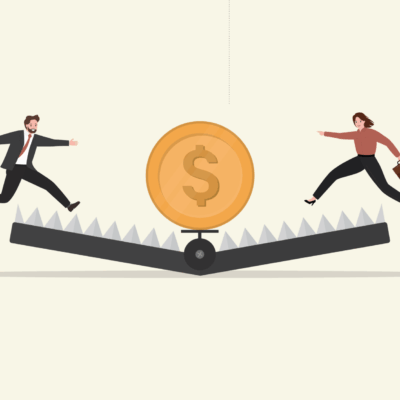Baby boomers misunderstood and untapped
Baby boomers, the country’s largest market segment, may be one of our most misunderstood and overlooked generations, according to research from Colmar Brunton.
1.3K
Baby boomers, the country’s largest market segment, may be one of our most misunderstood and overlooked generations according to new research from Colmar Brunton.
The research finds that Kiwis born between 1946 and 1964 are not the homogenous group we tend to think they are and have as many differences as they do commonalities within the generation.
Colmar Brunton Executive Director Chris Vaughan says New Zealand is home to just under one million baby boomers (980,000 or 23% of the population). That’s 21% more than in 2006 and represents 35% of the country’s total household expenditure.
“They represent a largely untapped opportunity for businesses when you consider that outside of campaigns for funeral cover, retirement villages, home building and travel, boomers hardly feature in advertising.”
Vaughan believes if other categories took boomers more seriously they would reap the rewards.
“The key to that is understanding more about the baby boomer generation itself and that doesn’t necessarily come naturally to the average New Zealand marketer who is in their early 30s.”
Colmar Brunton’s research has looked at many commonly held beliefs about baby boomers, assessed how true they are, and identified a number of distinct clans within the age group.
“Among other things boomers are often seen as the ‘me’ generation – a homogenous group of wealthy, technologically challenged, married empty nesters who are downsizing their homes, winding down or retiring early,” Vaughan says. “But the research busts a number of these myths.”
Rather than being the ‘me’ generation most boomers are happy to help their family and community. Sixty- three percent are happy to give back to the community by doing unpaid work with 42% currently doing so; 58% are happy to help their children financially while 43% say they are doing what they can to save the planet and solve the world’s problems.
“Baby boomers’ wealth varies a lot and many will be surprised to learn that almost half are on personal incomes of up to $50,000 a year with a quarter surviving on total household incomes at that level,” Vaughan says. “There are some who are relatively wealthy and asset rich, but there are a large number who are under financial stress.”
A significant proportion of boomers are embracing technology. The Internet is a significant part of life for 60%, with 70% owning laptops, 69% smartphones and almost half (49%) tablets. On average they spend 1.5 hours per day accessing the internet on computer and just over 40 minutes doing so on smartphone.
The empty nesters tag is true for just over half of our baby boomers but 24% are not married or in a long term relationship and 23% are in households with children.
“Surprisingly, given the current property market, there are more boomers planning to continue living in the family home after retirement, rather than cashing in and downsizing,” Vaughan says.
“But early retirement is a myth for most boomers with relatively few thinking of retiring before 65 and a high proportion (59%) planning to keep working at least part time beyond that age. Half of those aged between 65 and 69 now are still working.”
While there is some slowing down for baby boomers and they are now more family focused, lifestyles are still busy and active with more than half keen for more overseas travel and half exercising at least occasionally.
Vaughan says what baby boomers seem to have in common is a busy family oriented lifestyle, they plan finances carefully, have regular health check ups, use the Internet pragmatically, are still working and favour known, trusted and often local brands that meet their needs.
“But that’s where the similarities end. We are seeing significant differences in many aspects of their lives.”
Vaughan says there are some notable lifestyle differences around whether or not boomers are lonely, how busy their social life is and what experiences they seek.
“When it comes to finances there is real polarisation in terms of how tightly they have to budget, how much money they have and how ready for retirement they are.”
Boomers also vary widely in terms of when they want to retire, whether they have to work long hours, how healthy they are, how much exercise they get and their attitudes to technology and media, especially social media.
“Importantly for businesses one of the biggest differences among boomers is the brands they buy, including whether they prefer to buy brands that are sustainable, environmentally friendly and give back to the community.”
As a result of the research Colmar Brunton has grouped Kiwi baby boomers into six clans: Unready Spenders, Selfless Connectors and Made-it that are mainly in the 50-59 year age group; and Isolated Battlers, Relaxed Early Retirees and Traditional Active Families mainly in the 60-69 year age group.
Vaughan says understanding more about how each of these clans tick will go a long way towards unlocking the market opportunity that baby boomers represent.






